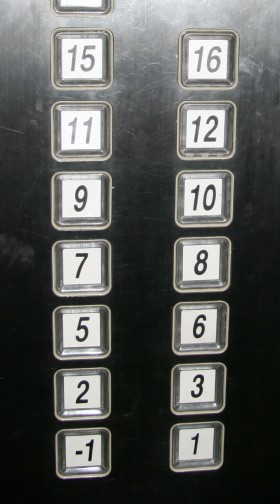|
Four
4 (four) is a number, numeral and digit. It is the natural number following 3 and preceding 5. It is the smallest semiprime and composite number, and is considered unlucky in many East Asian cultures. In mathematics Four is the smallest composite number, its proper divisors being and . Four is the sum and product of two with itself: 2 + 2 = 4 = 2 x 2, the only number b such that a + a = b = a x a, which also makes four the smallest squared prime number p^. In Knuth's up-arrow notation, , and so forth, for any number of up arrows. By consequence, four is the only square one more than a prime number, specifically three. The sum of the first four prime numbers two + three + five + seven is the only sum of four consecutive prime numbers that yields an odd prime number, seventeen, which is the fourth super-prime. Four lies between the first proper pair of twin primes, three and five, which are the first two Fermat primes, like seventeen, which is the third. On the other ha ... [...More Info...] [...Related Items...] OR: [Wikipedia] [Google] [Baidu] |
Tetraphobia
Tetraphobia () is the practice of avoiding instances of the digit . It is a superstition most common in East Asian nations. __TOC__ Rationale The Chinese word for "four" (, pinyin: sì, jyutping: sei3), sounds quite similar to the word for "death" (, pinyin: sǐ, jyutping: sei2), in many varieties of Chinese. Similarly, the Sino-Japanese, Sino-Korean and Sino-Vietnamese words for "four", shi (し, Japanese) and sa (사, Korean), sound similar or identical to "death" in each language (see Korean numerals, Japanese numerals, Vietnamese numerals). Tetraphobia is known to occur in Korea and Japan since the two words sound identical, but not at all in Vietnam because they carry different tones (in the case of the word for "four", whether it is the Sino-Vietnamese reading ''tứ'' or the more common non-Sino-Vietnamese reading ''tư'', neither sounds like the word for "death" which is ''tử'') and Vietnamese does not use Sino-Vietnamese numerals as often in the first place. ... [...More Info...] [...Related Items...] OR: [Wikipedia] [Google] [Baidu] |

